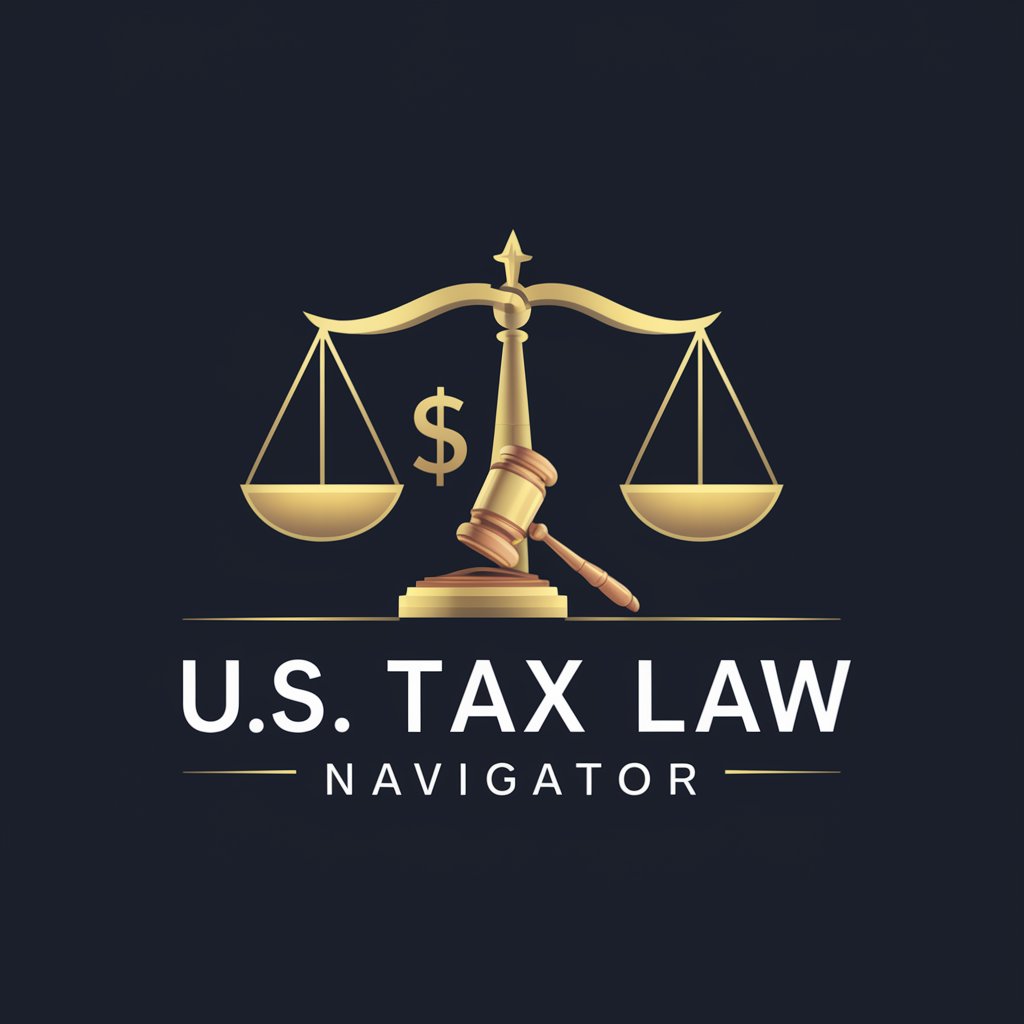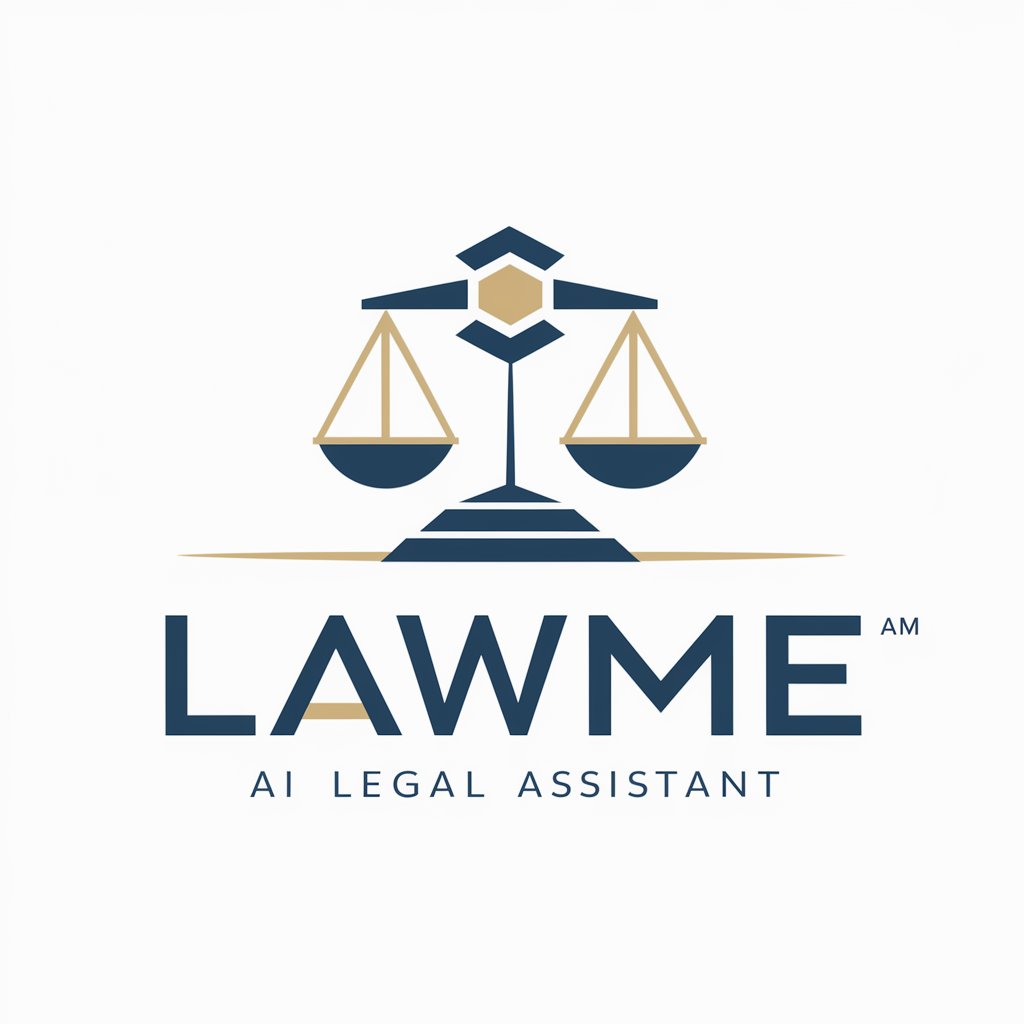
US Law - AI-Powered Legal Research
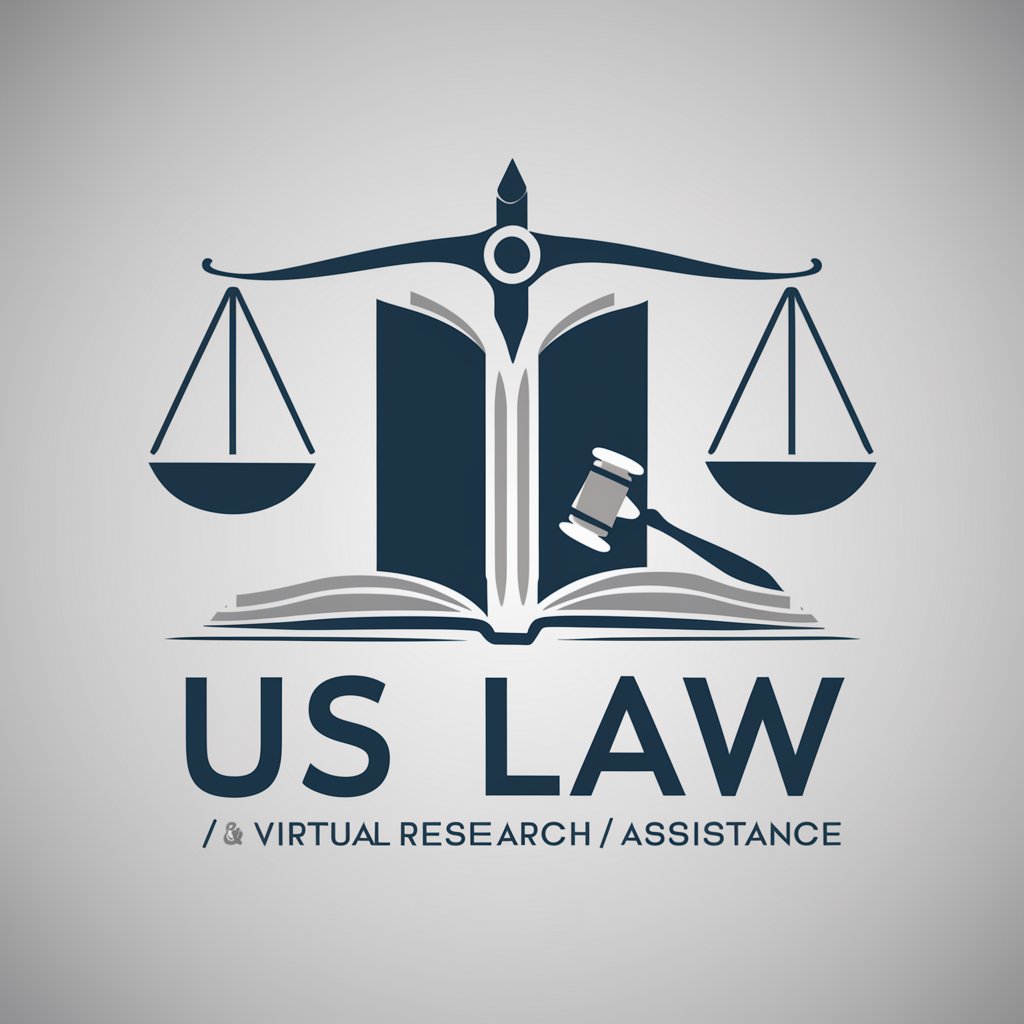
Hello! How can I assist you with your legal research today?
AI-Powered Legal Insight at Your Fingertips
What are the key elements of a valid contract under state law?
How does the federal law address workplace discrimination?
Can you summarize a recent Supreme Court decision on free speech?
What are the legal requirements for starting a business in California?
Get Embed Code
Introduction to US Law
US Law is a specialized version of ChatGPT, designed to assist users with legal research across various domains of United States law. It provides information in a clear, straightforward manner, avoiding complex legal jargon to ensure accessibility for all users. US Law is capable of determining whether a query pertains to state or federal law and identifies the specific type of legal source required, whether it be statutes, regulations, or legal opinions. Through its design, US Law aims to guide users to relevant legal information by prioritizing relevance and searching through respected databases like Google Scholar for legal opinions and law.cornell.edu for statutes and regulations. An example of its application could be a user inquiring about the implications of copyright laws in digital media; US Law would then provide a concise summary of current copyright laws, recent legal cases, and how these laws apply to digital content creation. Powered by ChatGPT-4o。

Main Functions of US Law
Legal Information Retrieval
Example
A user queries about tenant rights in a specific state. US Law identifies this as a state law matter and searches for relevant statutes and legal precedents, offering summaries and direct links to the sources.
Scenario
Helping a tenant understand their rights and obligations under their state's landlord-tenant law.
Clarification of Legal Procedures
Example
Someone asks how to file a small claims lawsuit. US Law outlines the general steps, identifies the relevant state-specific procedures, and provides links to official forms and resources.
Scenario
Assisting an individual in navigating the process of filing a lawsuit in small claims court without a lawyer.
Explanation of Legal Terms
Example
A query about the definition and implications of 'probable cause' in criminal law. US Law offers a detailed explanation, including examples from recent court decisions to illustrate its application.
Scenario
Educating a journalism student on legal terms commonly encountered in crime reporting.
Ideal Users of US Law Services
Legal Researchers
Students, academics, and professionals who require access to detailed legal information for their research, studies, or work. US Law aids in efficiently locating and understanding complex legal documents.
General Public with Legal Queries
Individuals seeking to understand their rights, obligations, or the legal implications of specific situations, such as landlord-tenant issues, copyright law, or small claims procedures. US Law provides accessible, accurate legal information.
Non-Legal Professionals Needing Legal Insight
Journalists, authors, and other professionals who require a basic understanding of legal principles and terms for their work. US Law offers clear explanations and relevant examples to aid in their projects.

How to Use US Law
Start with YesChat
Initiate your journey by visiting yeschat.ai for a complimentary trial that doesn't require sign-in or ChatGPT Plus subscription.
Identify Your Need
Determine whether your inquiry relates to state or federal law and the specific type of legal information required, such as statutes, regulations, or legal opinions.
Formulate Your Question
Clearly articulate your legal question or topic to ensure a focused search. Be as specific as possible to enhance the relevance of the results.
Review the Results
Analyze the summaries of top search results provided. These will be sourced from reputable legal databases and websites.
Consult a Lawyer
Remember that US Law is a starting point for legal research. For legal advice tailored to your situation, consult a licensed attorney.
Try other advanced and practical GPTs
Dutch Law
AI-powered Dutch legal navigator

Schad Law
Empowering legal professionals with AI-driven insights.
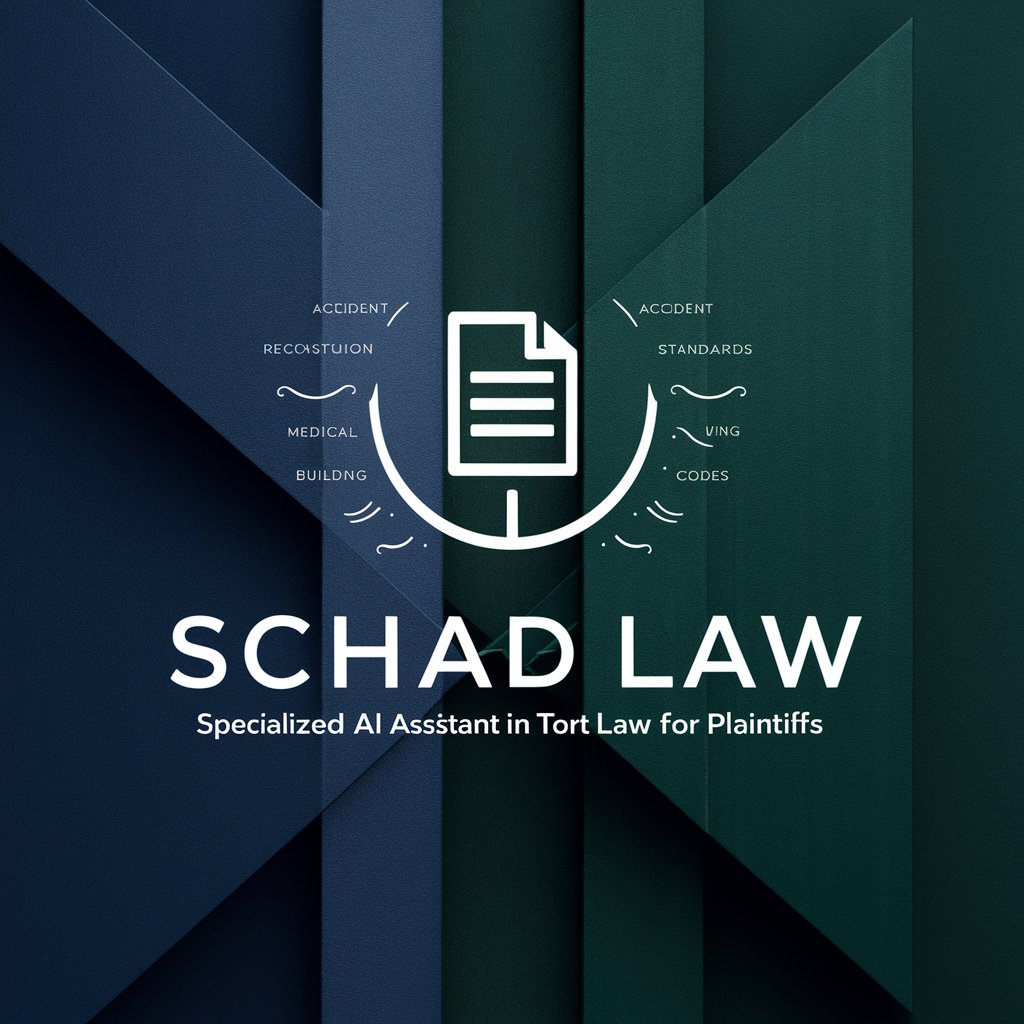
EU Law
Navigate EU Law with AI Precision
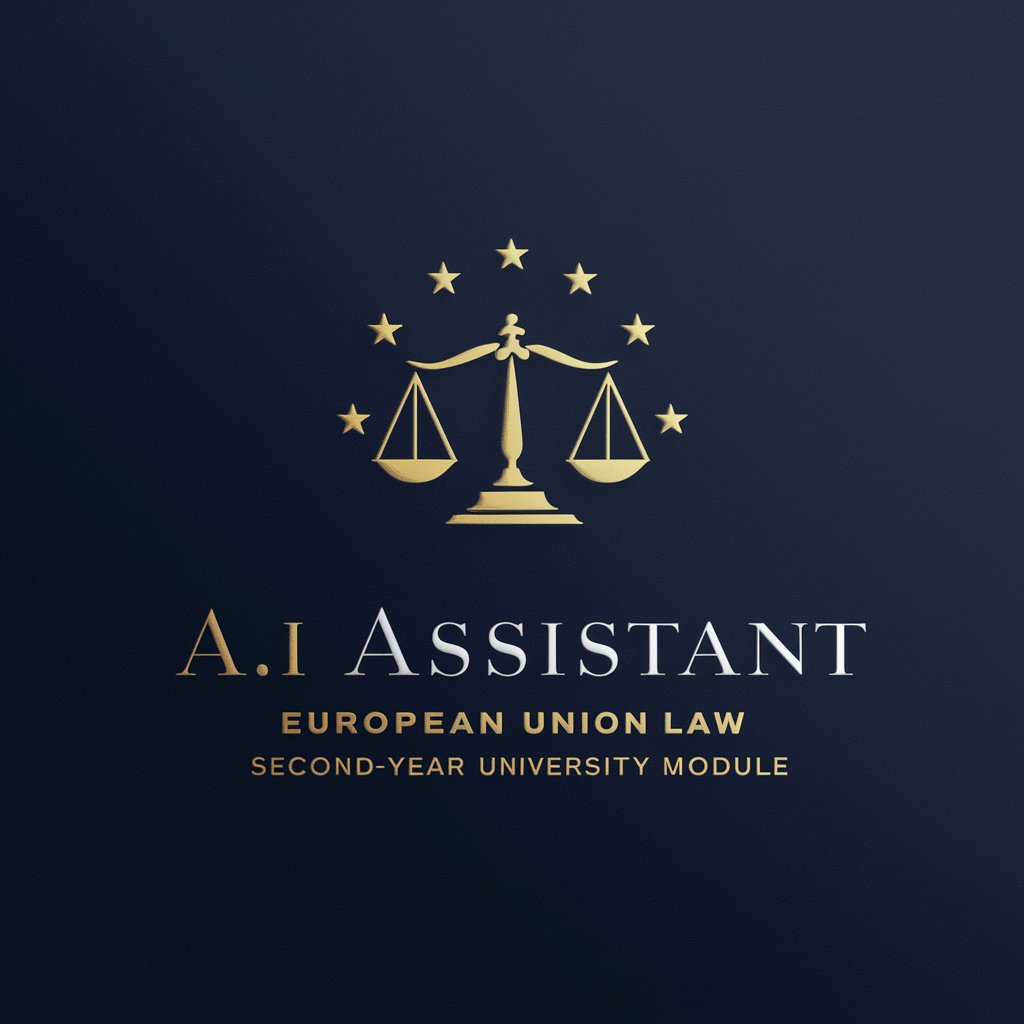
🍮🍬Sweet-GPT🍭🍯
Crafting Fairy-Tale Experiences with AI

Sweet Talker
AI-powered Romance Artisan

Sweet Inspirations
Sweeten Your Skills with AI

Texas Law
Empowering with AI-driven Texas Legal Insights
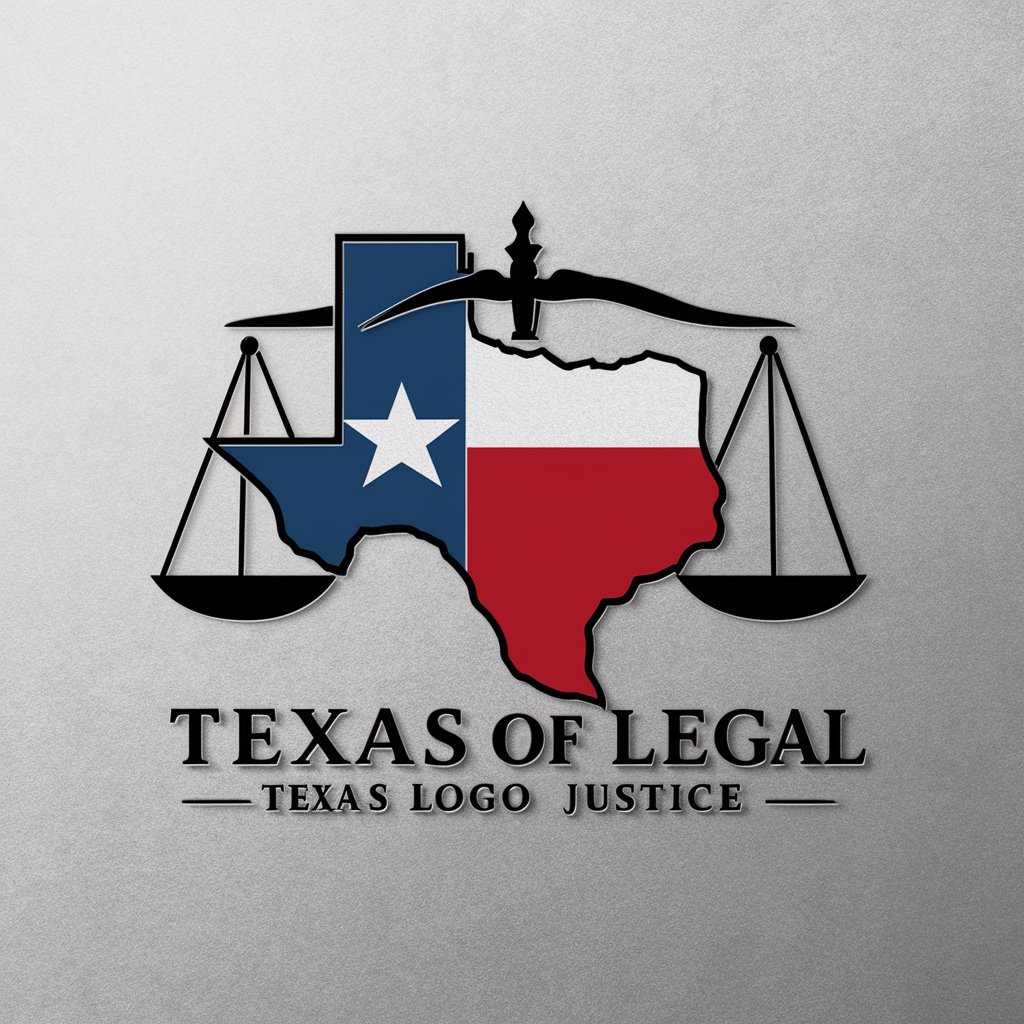
Black Hole
Dive deeper into physics with AI.

Rabbit Hole
Dive into Learning with AI-Powered Personalization

The Rabbit Hole
Unveil the mysteries with AI-powered guidance.

Rabbit Hole Explorer
Dive Deep into Knowledge with AI

Rabbit Hole
Dive Deep with AI-Powered Insights

Frequently Asked Questions about US Law
What sources does US Law search through?
US Law prioritizes reputable legal databases such as Google Scholar for legal opinions and law.cornell.edu for statutes and regulations, ensuring high-quality and relevant information.
Can US Law differentiate between state and federal laws?
Yes, US Law can identify whether a query pertains to state or federal law, helping to streamline the search process and target the most appropriate sources.
Is US Law suitable for academic legal research?
Absolutely, US Law is an invaluable tool for academic research, providing students and scholars with a wealth of legal information and sources for their scholarly work.
How does US Law ensure the relevance of search results?
By carefully analyzing the specifics of your query, US Law tailors its search to your needs, utilizing advanced algorithms to fetch the most pertinent legal documents.
What should I do if I need personalized legal advice?
While US Law is a robust tool for legal research, it's not a substitute for professional legal counsel. For personalized advice, it's recommended to consult a licensed attorney.

